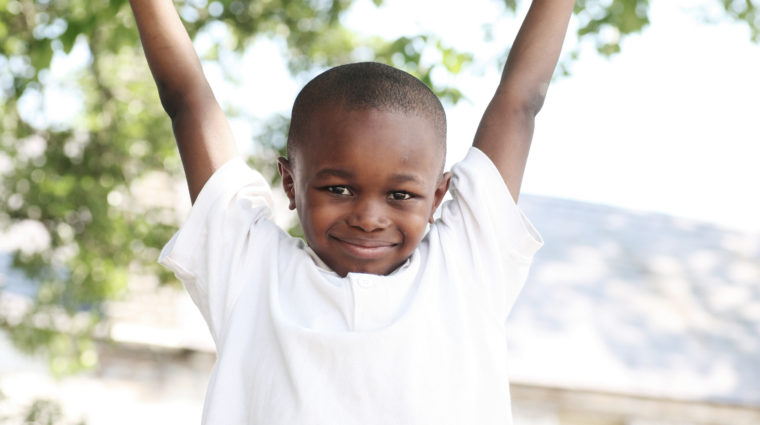Equipping Kids with Skills for Success
Growing up in today's world demands strong, resilient, creative kids.
Traditional approaches to education stressed one kind of smart: book smarts. Research supports that when paired together, emotions and intellect are the crucial smarts. Social emotional learning teaches children how to manage their emotions, set and achieve goals, overcome obstacles, and develop healthy relationships – skills necessary to succeed in school, be prepared for the workforce, and become positive and healthy contributors to society.
Potential is distributed equally; opportunity is not.
National data proves that individuals living below the poverty line experience a myriad of inequities because of unjust systems and policies. There is a direct correlation between lack of support by government systems to crime and delinquency, psychological distress, various health problems, and more. These issues impact the communities, schools, and children we serve.
Inequities in the education system hinder traditional academic success. The zip code you are born in should not determine your access to opportunities, your ability to thrive, or the trajectory of your future.
We know early exposure and intentional learning experiences can shift the trajectory of a child's life.
Traits such as self-control, optimism, perseverance, confidence, and growth mindset are predictors of success in school and life. Growth mindset, like self-efficacy, is the belief that your effort matters and that your intelligence is not fixed, but malleable. WINGS utilizes adults who are trained to intentionally model these skills and support children when it’s a challenge to navigate them. The good news is that all of these traits can be developed in young children – when given the opportunity.
Social Emotional Learning
LIFE SKILLS. GRIT. CHARACTER. SUCCESS FACTORS. POSITIVE YOUTH DEVELOPMENT. SELF-EFFICACY. WHOLE-CHILD. NON-COGNITIVE SKILLS. EXECUTIVE FUNCTION. GROWTH MINDSET. Etc.
A variety of terms like these are used to describe emotional intelligence and/or social emotional learning. Emotional intelligence refers to the ability to perceive, control, and evaluate emotions. Social emotional learning is the process by which children and adults acquire and effectively apply the knowledge, attitudes, and skills necessary to understand and manage emotions, set and achieve positive goals, feel and show empathy for others, establish and maintain positive relationships, and make responsible decisions.
There are five core competencies that make up social emotional learning: self-awareness, self-management, responsible decision-making, social awareness, and relationship skills.
Everything we do at WINGS is rooted in these five core competencies and corresponding skills:
- Self-Awareness: Understanding your emotions and thoughts and how they influence your behavior. Skills include self-perception, self-confidence, and self-efficacy
- Self-Management: The ability to regulate your emotions and behaviors in different situations and to set and work toward goals. Skills include impulse control, executive function, stress-management, and self-discipline
- Responsible Decision-Making: The ability to make positive choices and take responsibility for positive and negative outcomes. Skills include identifying problems, analyzing situations, solving problems, and reflection.
- Social-Awareness: The ability to empathize with others. Skills include empathy, appreciating differences, and respect.
- Relationship Skills: The ability to relate well to others. Skills include communicating clearly, listening, cooperation, resisting negative pressure, resolving conflicts, and supporting one another.
Kids Soaring in School and Life
Research shows that an effective social emotional education has the power to strengthen attachment to school and reduce disruptive classroom behavior, two significant predictors of staying in school and succeeding in school.
Research (and teachers!) report WINGS kids display positive classroom behavior, consistent school attendance, improved academics, and are more skilled in managing their emotions and impulses. Read More >

WINGS to Fly
Mix a supportive environment, caring adults, and social emotional smarts and you grow wings to fly. We're putting wings on kids' potential, giving wings to possibilities.
